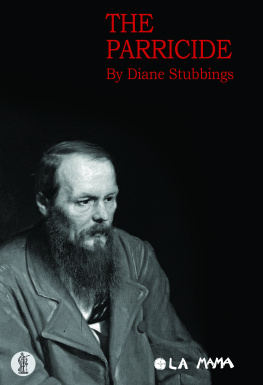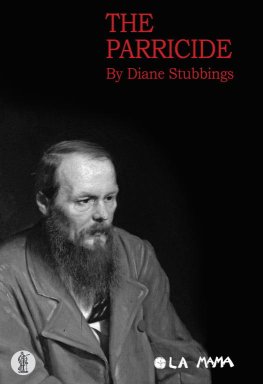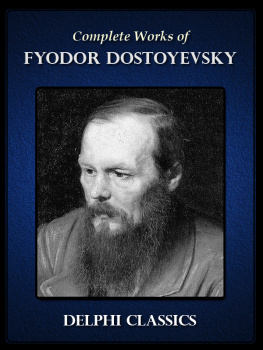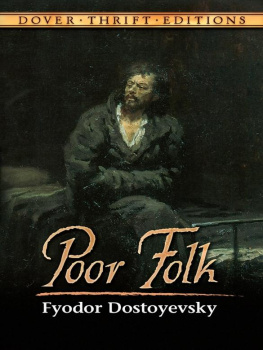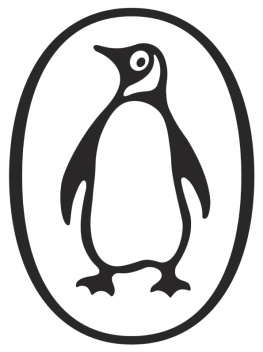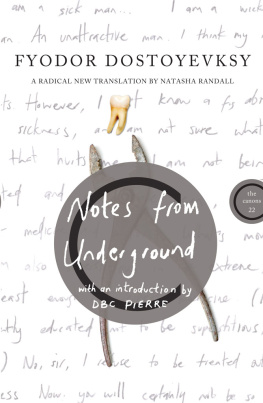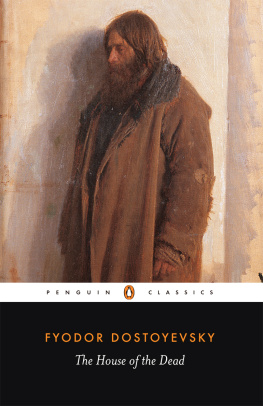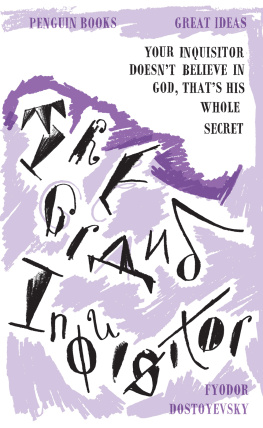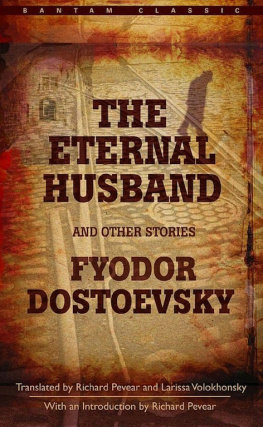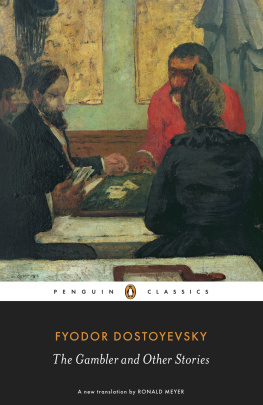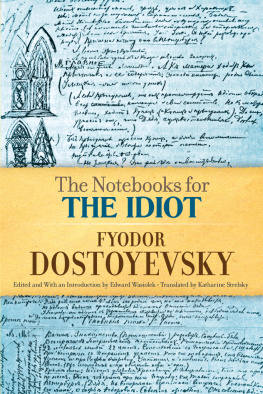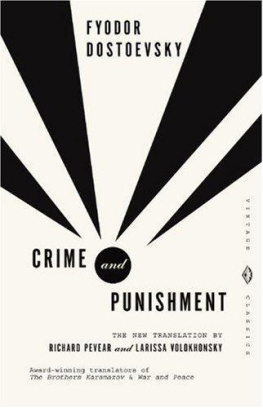The Parricide was first produced at La Mama Theatre, Melbourne, on 7 May 2014 with the following cast:
DEVELOPMENT
The Parricide had its first reading at Parnassus Den (Sydney, May 2009) with the following cast and creatives:
| FEDYA | Tony Sloman |
| ANNA | Sally Cahill |
| KOLYA | Anthony Phelan |
| ELENA | Linden Wilkinson |
| KARAKOZOV | Matt Minto |
| DIRECTOR | Dave Letch |
The play had a second reading at Parnassus Den (October 2010) with the following cast changes:
| ANNA | Kate Worsley |
| KOLYA | Jonathan Hardy |
| KARAKOZOV | Gus Murray |
As a result of funding provided by the R.E. Ross Trust, The Parricide was workshopped in October 2011, with a subsequent reading at fortyfivedownstairs (Melbourne, November 2013) involving the following cast and creatives:
| FEDYA | David Pidd |
| ANNA/KATYA | Isabella Dunwill |
| KOLYA/MITYA | Nick Simpson-Deeks |
| ELENA/GRUSHENKA | Odette Joannidis |
| KARAKOZOV/ALYOSHA | Gabriel Partington |
| DIRECTOR | Karen Berger |
| DRAMATURG | Dave Letch |
| SOUND | David Joseph |
| LIGHTING | Andy Turner |
WRITERS NOTE
The Parricide is a work of fiction. Based on the life of one of the worlds greatest novelists, it draws out from that life ideas about passion, fear and the creative instinct.
The writing of The Parricide began with Fyodor Dostoyevskys formidable novel The Brothers Karamazov . Reading this story of three brothers whose father is murdered, I was captured both by the intricate dynamics of the Karamazov family and the intense courtroom drama that plays out in the novels second half. But what most fascinated meand what lingered long after Id finished reading the novelwas the character of Ivan, the second of the Karamazov brothers. While Dostoyevsky explicitly proffers Alexei, the youngest brother, as the hero of his novel, it was, for me, Ivan who gave the novel its emotional core. In Ivans deep (yet unrequited) love for his brothers fiance, there is something reminiscent of the great romantic heroes. But, more than that, Id argue that its Ivans journey from conviction to doubtand the ferocity of his intellectual engagementthat marks him as the true hero of The Brothers Karamazov .
Thinking about my own response to Dostoyevskys novel, I began to wonder about the extent to which an author is really in control of their own work. Could it be that there are other forces that push the writing beyond the authors conscious control? Dostoyevsky might have told himself he was writing a novel about a young manAlexei Karamazovwho finds truth and light in the form of the Christian God (and who in a projected, but never written, second volume goes on to kill the Tsar), but was Dostoyevsky, in fact, writing about something else entirely? Was it actually Ivan Karamazovwhose nihilism pulses so forcefully through the novelwho more fully captured Dostoyevskys imagination? And was Dostoyevsky as wound up in this dangerous nihilism as Ivan himself was? This is the ground out of which The Parricide grew; and, reading more about Dostoyevskys life, I stumbled across a note which suggested that Dostoyevsky may have begun a draft of The Brothers Karamazov long before the final version was published. No trace of this earlier draft has ever been found (perhaps it did exist, perhaps it didnt), but the possibility that these ideasabout God, nihilism, jealousy, truth and faithhad been tumbling about in Dostoyevskys mind for a very long time opened up all sorts of possibilities for me as a writer. Researching Dostoyevskys life further, I came across the charming story of how he met his second wife, Anna; and the sense of order and purpose she brought to his personal life offered a striking contrast to (what I saw as) the inherent disorder of Dostoyevskys writing life. Bringing Dostoyevskys wooing of Anna together with an early attempt to write The Brothers Karamazov seemed a promising way forward dramatically. But the play still wanted more.
I found what I needed in Dostoyevskys arrest for conspiracy. Still in his twenties, and having just begun to make his mark in Russian letters, Dostoyevskys subsequent imprisonment shaped both him and his writing more than anything else hed experienced. What, I wondered, must it be like to emerge from ten years of virtual isolation in Siberia and have to re-establish your place in society; to re-assert yourself as a writer of note? And what happens to the revolutionary flame, the revolutionary spirit, after a man has been so long incarcerated in such extreme conditions? Is it doused completely, or is there a spark that persists? And, when political unrest again stalks the streets, is it a spark that, in a man like Dostoyevsky, is bound to be resurrected? These are the questions which underpin The Parricide . In the writing of itand over numerous draftsIve moved a fair way from the known facts of Dostoyevskys life, and Ive telescoped several decades of history into a matter of weeks. This presented its own challenges: How to dramatise so many years of Russian historyand such a vast array of real and imagined charactersusing only five actors? Sometimes what at first seems like an intractable problem introduces all sorts of interesting possibilities. Seminal historical momentssuch as the burning of St Petersburgcould be generated using light and sound effects.
The tension between history and fabrication could be underscored by eschewing realistic sets and costumes in favour of something that gave both a modern and a historical sense. And rather than trying to hide the doubling of cast members, the actors transitions from one character to another could be made explicit, the audience fully aware of the shifts in voice, gesture and costume, thereby magnifying the lines between the real and the imagined. Further, by having characters directly recounting to the audience their own versions of Dostoyevskys life, it was possible to emphasise that the play is meant to be understood as a fictionyet another rendering of Dostoyevskys life storyrather than something historically factual. Through all this, Ive endeavoured to remain true to the spirit of the man and his writing, and if Ive misjudged in any way, I take heart in the fact that Dostoyevskys work will endure a lot longer than my own. At the very least, I hope The Parricide will entice people who dont know Dostoyevskys work to discover his writing for themselves.

